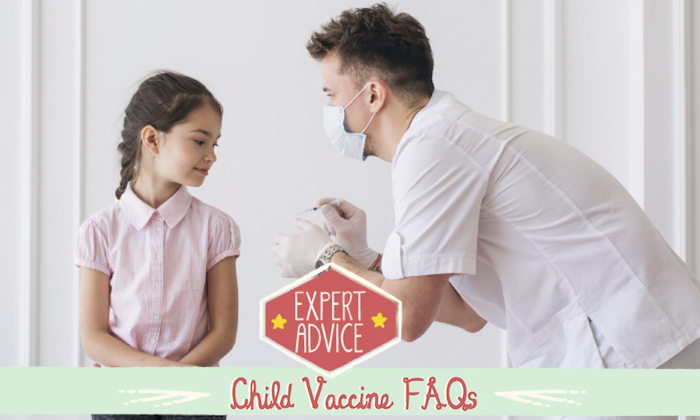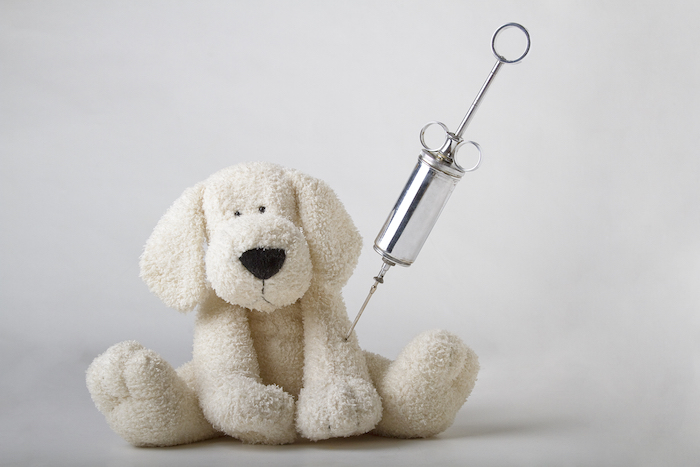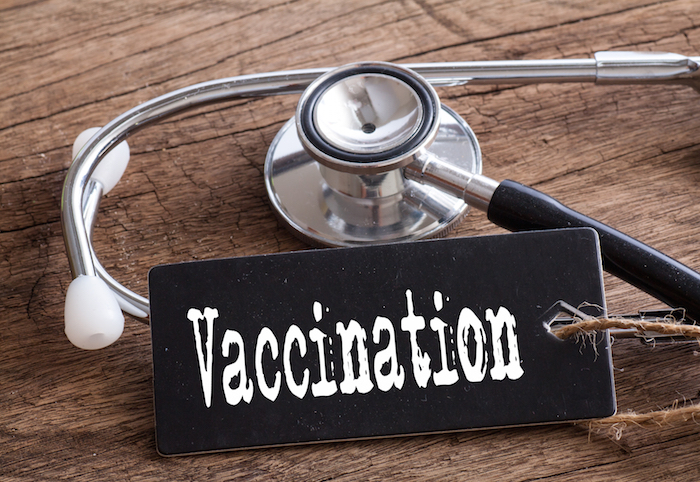







What vaccines should you give your child, at what age should they be administered and why?


Why is childhood vaccination important?
Vaccinations are quick, safe and extremely effective. Vaccinations provide long-term protection against serious diseases.
If a child is not vaccinated, he/she is at higher risk of being affected by these illnesses.
Vaccinations also lead to the protection of other children: if enough children are immunised against a particular disease, the risk of spreading from person to person is low, and the disease may be eradicated altogether.
How does immunisation work?
The bacteria and viruses used in vaccines are weakened or killed and does not cause the actual infection. However, the body makes antibodies (proteins in the bloodstream) against the weakened virus or bacteria. Once we are immunised, our immune system will recognise the same bacteria or virus in a real infection and produce antibodies in vast quantities to fight off the infection much faster before any serious complications develop.
Immunisation has caused a dramatic improvement in health – diseases like diphtheria, tetanus, whooping cough (pertussis), measles and polio are rare in many countries.


Can you overload a child’s immune system?
Studies have shown that vaccines do not weaken a child’s immune system. As soon as a baby is born, they come into contact with a huge number of different bacteria and viruses each day and their immune system copes very well with it.
When should my child get vaccinated?
The first vaccinations will be given to your child just after birth. These include the BCG for Tuberculosis and the Hepatitis B vaccine.
Following this, routine childhood vaccinations start when the baby is eight weeks old. This is a good stage to start vaccinations because the natural immunity to illness that newborn babies get from their mother is beginning to wear off.
If a vaccine is given before eight weeks of age, the baby’s natural immunity to disease may stop it from working.
Also any delay in vaccinations can leave your baby unprotected against serious illnesses that are often common and worse in younger children.
Babies who are born early (premature) have a greater risk of catching infections than babies born on time. This is because their immune systems are less well developed as they do not receive much natural immunity from their mothers. It is very important that premature babies get vaccinated on time, from eight weeks after birth, no matter how premature they are. Postponing vaccinations until they are older leaves them vulnerable to diseases.
Booster vaccinations
Some vaccines are given more than once at intervals. A gap is left between each of these vaccine doses to make sure each one has time to work properly.
Why are there differences in country vaccination schedules?
Most countries in the developed world tend to recommend the same kinds of vaccines for babies, children and adults. However, there may be differences in:
- The types of vaccines included in the programme
- The age at which vaccines and boosters are recommended
- The number of vaccine doses that are recommended for each vaccine
- The types of vaccines recommended for special groups (eg. pregnant women)
These variations are the result of:
- Differences in the epidemiology (pattern and frequency) of the disease in each country. Some vaccines are recommended only in certain countries where a disease is common.
- Differences in the way the countries make decision about which vaccines to offer to everyone
- History and tradition of the country
Exactly when your baby is vaccinated for the different diseases depends on which country you are from. If you have recently moved to Singapore, and your child has been part-vaccinated in another country, you may wish to continue the vaccination schedule from your own country or you may wish to switch over to the Singaporean vaccination schedule. It is important to remember to be protected against infections that are a public health risk in country you have moved to. Your doctor will check your child’s vaccination records and provide advice and/or vaccines to make sure you and your child are vaccinated and protected accordingly.


Which diseases are prevented with childhood immunisations?
- Tuberculosis (TB)
- Diphtheria
- Tetanus
- Whooping cough (pertussis)
- Polio (poliomyelitis)
- Haemophilus influenza type b (Hib)
- Measles
- Mumps
- Rubella (German measles)
- Pneumococcus
The following vaccines may be compulsory or optional according to the country from which you are following the vaccination schedule:
- Group B and C meningococcal diseases
- Rotavirus
- Varicella (chickenpox)
- Hepatitis A
- Hepatitis B
Benefits and risks of vaccination
All medicine has side effects. However, vaccines are among the safest and the benefits of vaccinations far outweigh the risk of side effects.
Most side effects from vaccination are mild and short-lived. These include:
- Injection site reactions (pain, swelling and redness)
- Mild fever
- Fatigue
- Headache
- Muscle and joint pain
Rare side effects of vaccination
On rare occasions, some people have an allergic reaction soon after vaccination. This can result in an itchy rash affecting parts or all over the body.
In very rare cases, a severe allergic reaction may happen within a few minutes of the vaccination. This is known as an anaphylactic reaction. It can lead to breathing difficulties, a sudden drop in the blood pressure and even collapse. Thankfully, they are very rare occurring less than one in a million cases. The staffs administering the vaccinations are trained to deal with this and the symptoms can be completely reversed if treated promptly.
Do remember that vaccination is completely different to treating a child with medicine when they are unwell to make them better. It is tempting to say “no” to vaccinations or to “leave it to nature”. The benefits of vaccination are invisible at the beginning but deciding not to vaccinate your child can put them at risk in the long term at catching a range of potentially serious, or even fatal, diseases.
Vaccination is our best defence at present against the epidemics that once used to kill or permanently disable millions of children and adults.
Please speak to your doctor today if you are unsure or have any questions regarding your child’s vaccination schedule.






 View All
View All





 View All
View All







 View All
View All






